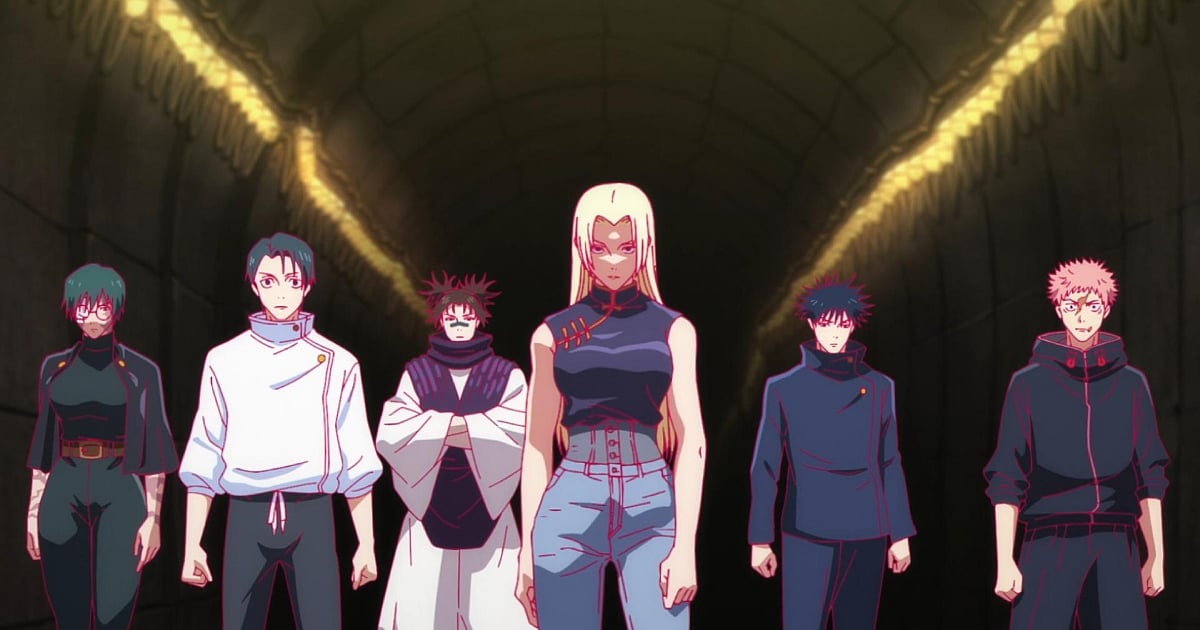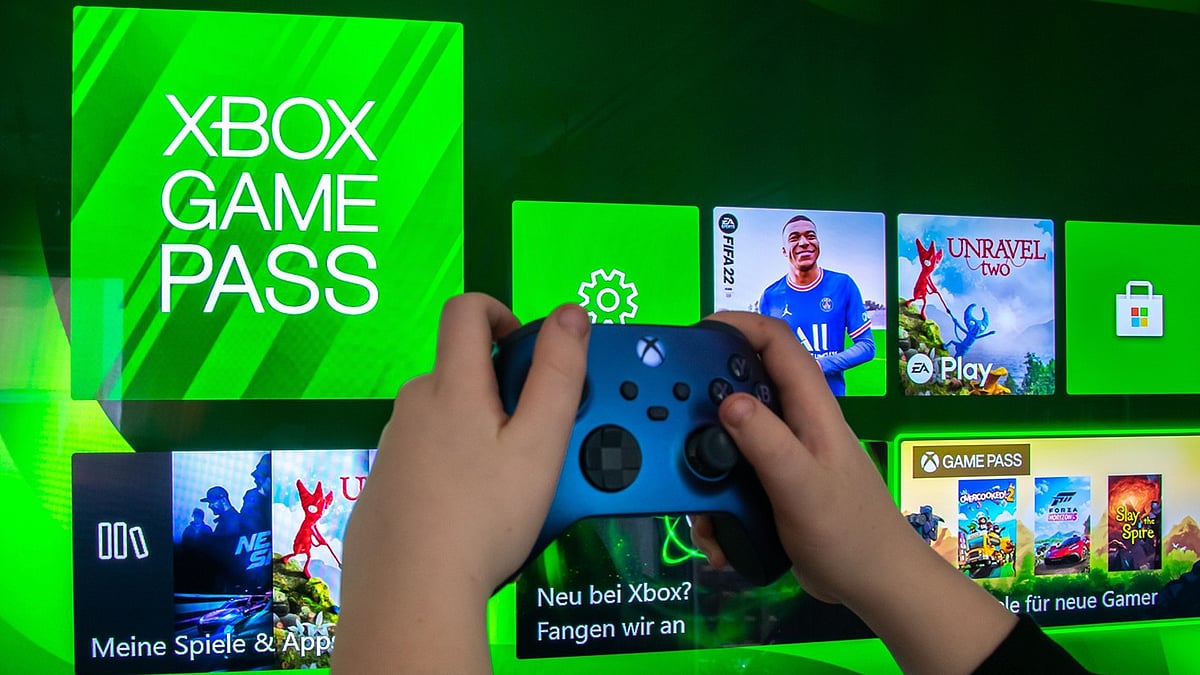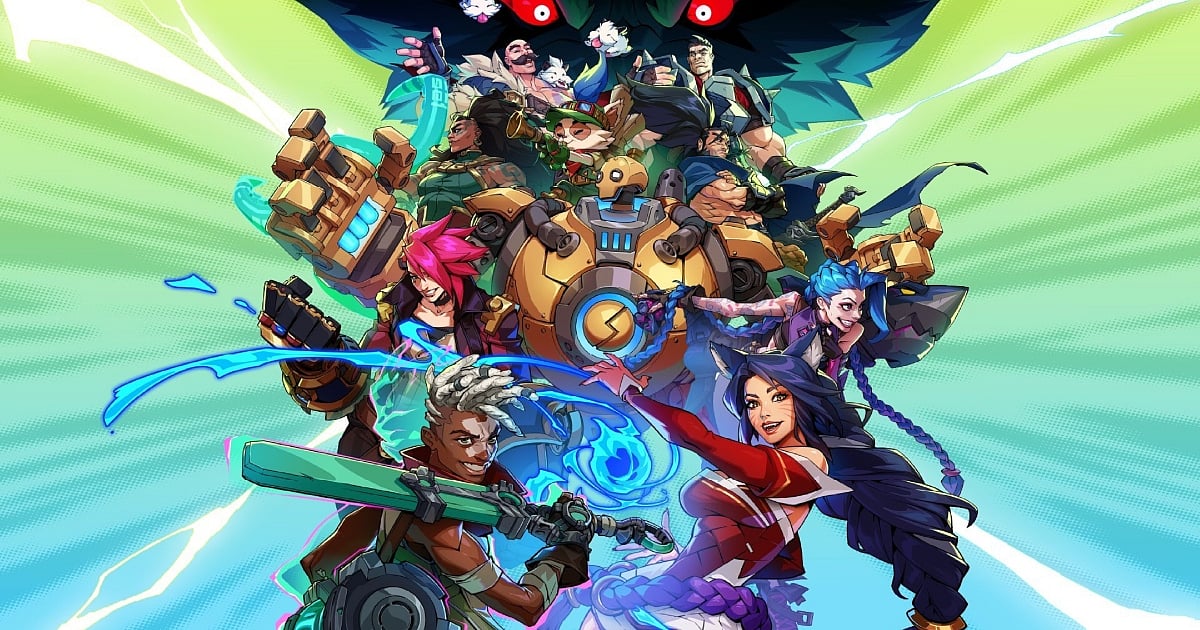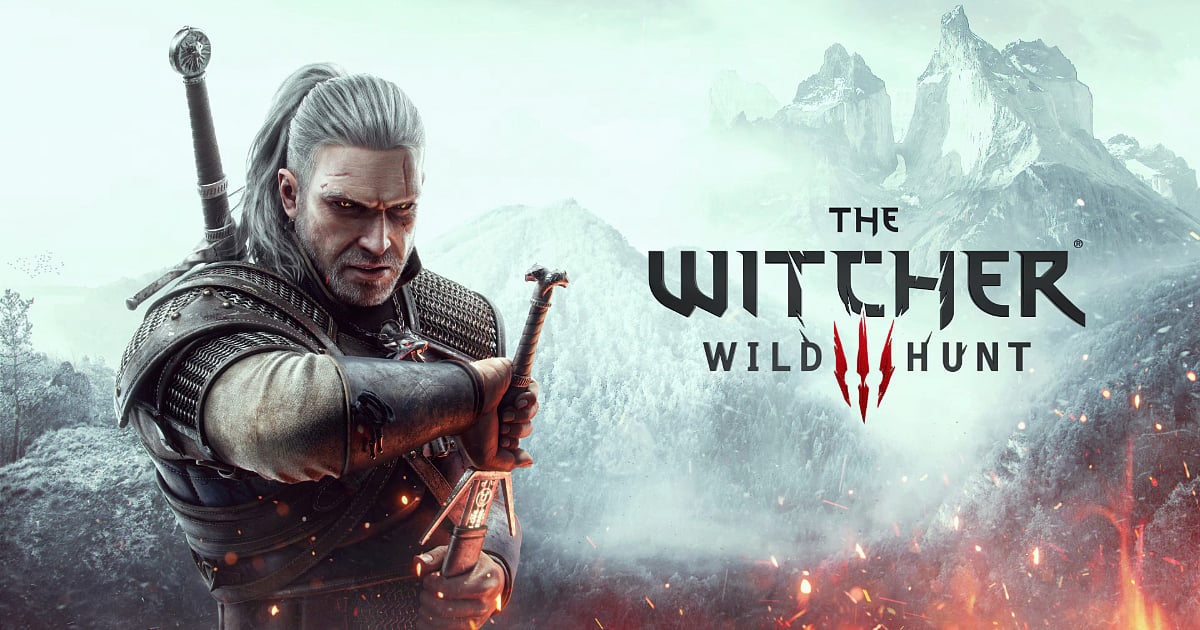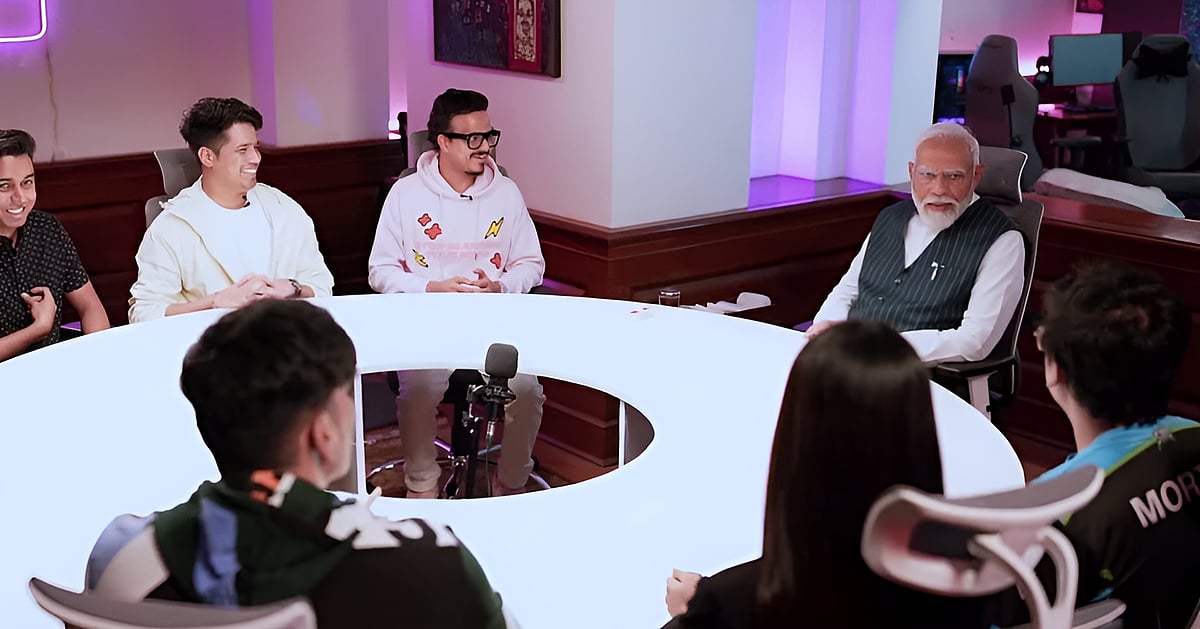
Is The Indian Government Chasing The Right Esports Dream?
Modi Supports Esports Push, Yet Uncertainty Lingers for Studios
Highlights
- Prime Minister Modi called the bill a major social safeguard, saying India can lead the world in responsible, innovative gaming.
- The new law bans real money and betting games while supporting esports, digital sports, and skill-based social games.
- Policymakers and experts are now calling for sharper clarity on definitions and how the government plans to regulate social gaming and esports.
Prime Minister Narendra Modi’s strong endorsement of the Promotion and Regulation of Online Gaming Act, 2025, signals a new era for Indian gaming. In public comments, he described banning real-money gaming platforms as a “major decision,” drawing a sharp line between digital gaming as a creative outlet and gambling as a societal risk. “Gaming is not bad, gambling is,” Modi said, stressing that the government wants to grow India’s share in the global games sector without encouraging betting activity. Prime Minister Modi’s vision of India becoming a global gaming hub is ambitious and compelling. To realize it, the government must complement the law’s restrictive measures with clear regulatory policies that protect players and foster innovation. However, there is uncertainty around the bill and how the government’s proposed regulatory body will implement the rules.
Opinion: India Needs More Clarity to Deliver on Modi’s Gaming Vision
The spirit of India’s updated gaming law is clear. The Promotion and Regulation of Online Gaming Act aims to shield families, children, and casual players from the harms of unchecked betting and cash-driven fantasy platforms. The law received overwhelming political support and was signed quickly by President Droupadi Murmu. India now has a unified national standard that bans money games and affirms the policy: social and esports gaming is distinct from gambling. The Act grants broad powers to the central government to regulate and even shut down unlawful games, but it has not yet defined the regulatory body’s day-to-day functions or appeal processes in detail.
There is confusion about how the law will be enforced and by whom. The Act states that there will be a national online gaming authority to oversee licensing, compliance, and regulation for social and esports games. However, it leaves out details about the operational framework and how it will apply to existing and future studios.
There’s also a lack of detail on enforcement procedures and licensing. The bill does not feature a regulatory sandbox or phased rollout, so studios must wait for detailed rules or risk noncompliance. For Indian-market games that mix social play with periodic contests or prizes, the path ahead remains murky. International investors might hesitate until they see if implementation is fair and neutral across the growing landscape.
Prime Minister Modi is right that India’s creative game sector deserves support and that the dangers of betting apps should not be ignored. What is needed now is focused engagement with the industry, clear rulebooks, and collaborative guidance on how the government intends to regulate social gaming and esports. If the government can deliver that, India could become not just a massive consumer market, but a global leader in ethical game creation and play.

Author
Abhimannu Das is a web journalist at Outlook India with a focus on Indian pop culture, gaming, and esports. He has over 10 years of journalistic experience and over 3,500 articles that include industry deep dives, interviews, and SEO content. He has worked on a myriad of games and their ecosystems, including Valorant, Overwatch, and Apex Legends.
Abhimannu Das is a web journalist at Outlook India with a focus on Indian pop culture, gaming, and esports. He has over 10 years of journalistic experience and over 3,500 articles that include industry deep dives, interviews, and SEO content. He has worked on a myriad of games and their ecosystems, including Valorant, Overwatch, and Apex Legends.
Related Articles



